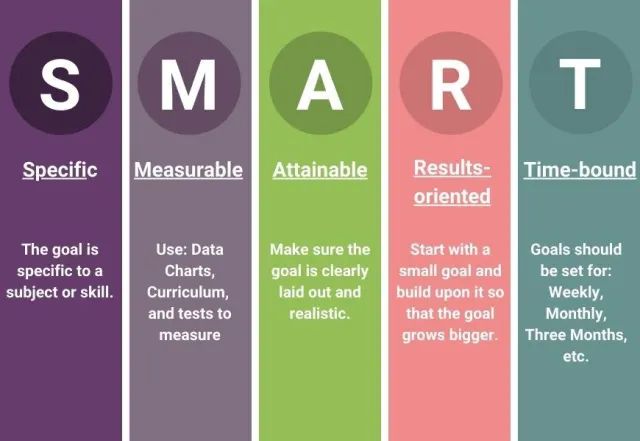If you are currently in the process of creating an Individualized Education Program (IEP) for your child, you may have come across the term “SMART goals.” These goals serve as a valuable tool in helping children make progress in their academic, behavioral, and social development. The acronym SMART stands for Specific, Measurable, Achievable, Relevant, and Time-bound. Integrating these elements into your child’s IEP can provide them with the essential support they need to succeed in various aspects of their education and personal growth.
Specific
The foundation of effective goals lies in their specificity. Rather than setting vague objectives, specific goals outline the desired outcome clearly, leaving no room for ambiguity. For instance, instead of a general goal like “improving reading skills,” a specific goal would be “increasing reading comprehension by 20% within six months.” Specific goals enable educators, parents, and the child to have a shared understanding of what needs to be accomplished.
Measurable
Measurability is another crucial aspect of SMART goals. Measurable goals allow for progress tracking and provide a means to assess whether the objectives have been met. By quantifying progress, data-driven decision-making becomes possible, enabling the evaluation of the effectiveness of strategies implemented. Measurable goals keep everyone involved on the same page regarding the child’s development.
Achievable
While challenging the child to improve is important, setting achievable goals is equally vital. Unrealistically high goals may lead to frustration and discouragement. Striking a balance between challenging and achievable goals, considering the child’s strengths and areas for growth, is essential. Achievable goals foster a sense of accomplishment and build self-confidence as the child makes steady progress.
Relevant
Relevance is closely tied to the child’s individual needs and the overall objectives of the IEP. Each goal should align with the child’s present levels of performance and address specific areas that require improvement. Relevant goals directly contribute to enhancing the child’s educational experience and overall well-being. By ensuring goal relevance, parents and educators can focus their efforts on the most critical areas of development.
Timely
Setting a timeframe for achieving goals adds a sense of urgency and establishes clear deadlines for progress. Time-bound goals create accountability and ensure that all parties involved work together to support the child’s development within a specified period. For example, a time-bound goal could be “improving math skills to the appropriate grade level by the end of the school year.” The timeframe guides regular evaluation and allows for necessary adjustments to strategies if progress is not as expected.
As parents, active participation in the IEP process is essential. Understanding how these SMART goals benefit your child and strengthen their IEP is key. If you find that a goal is unclear or you don’t fully grasp how it will be addressed or measured, don’t hesitate to ask questions. Open communication and collaboration with the school team are crucial for ensuring that everyone involved understands the IEP goals and accommodations and can effectively support your child’s education.
By embracing SMART goals within your child’s IEP, you provide them with a roadmap for success. These goals not only measure progress and identify areas for improvement but also empower your child to reach their full potential academically, behaviorally, and socially. With the right support and guidance, your child can thrive and make remarkable strides in their educational journey.

